Handling the Undead
Rule #17 of Handling the Undead: Never let a zombie hold your bunny.
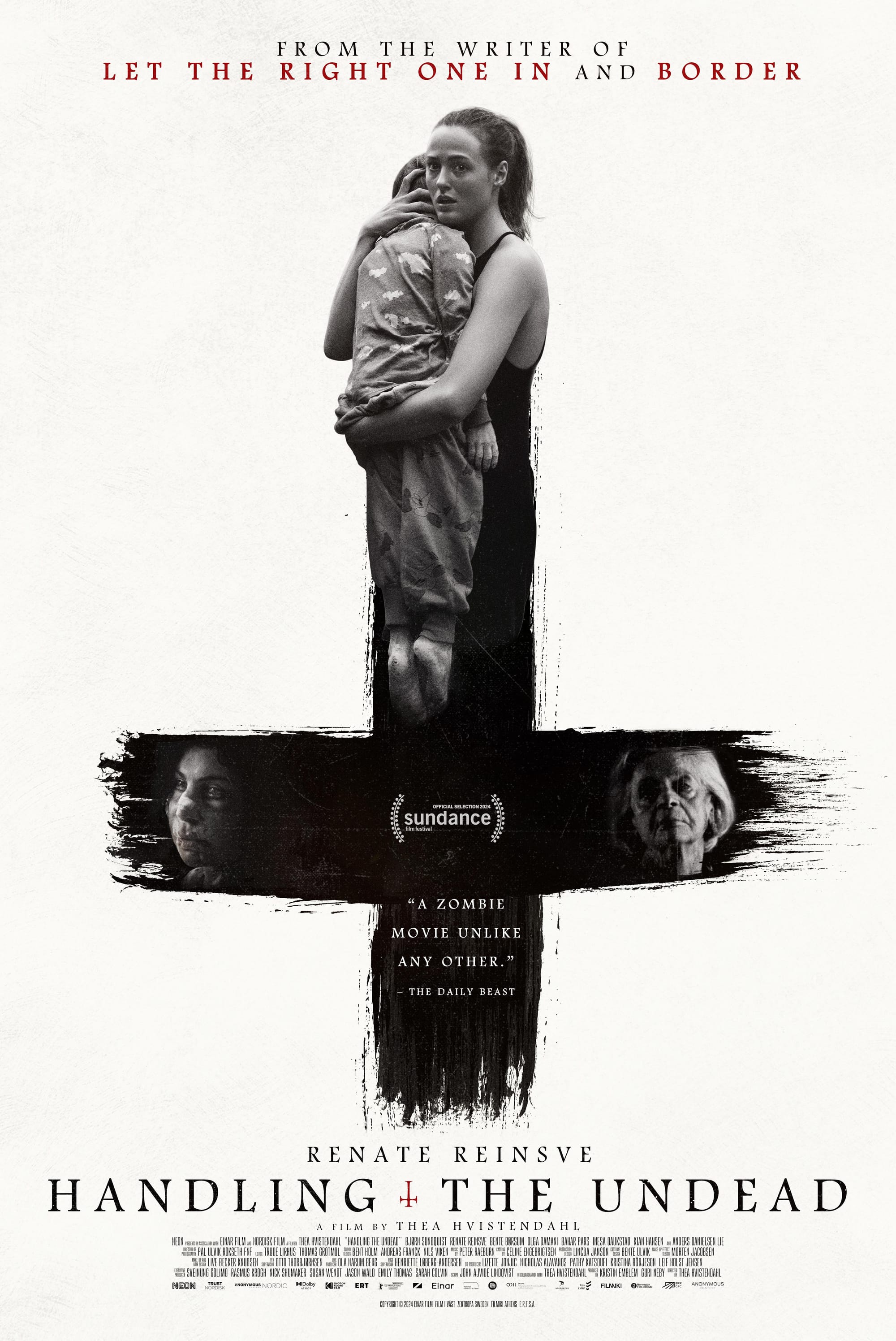
When the dead have mysteriously awaken, three families are thrown into chaos when their deceased loved ones come back to them.
A 2024 Norwegian arty horror film directed by Thea Hvistendahl, from a screenplay by Hvistendahl and John Ajvide Lindqvist, which was based upon Lindqvist’s novel of the same name, Handling the Undead premiered at Sundance in 2024, and went on to win the 2024 Méliès d'Or.
The Méliès d'Or (the Golden Méliès) is an award that is presented annually by the Méliès International Festivals Federation (MIFF), which is apparently made up of a network of European genre film festivals. Named after the legendary french cinematic pioneer and film director, Georges Melies, it was first awarded in 1996 with the intention of acknowledging science fiction, fantasy, and horror films from around the world. Handling the Undead joined such previous winners as Raw, Let the Right One In, In Fabric, Piggy, and Lola, amongst others.
And all I can say about this is...
While admittedly, this is the first I’ve heard of this particular award, and I don’t know which other films were nominated, if any, I vehemently disagree with the Golden Melies being awarded to this film.
Vehemently disagree.
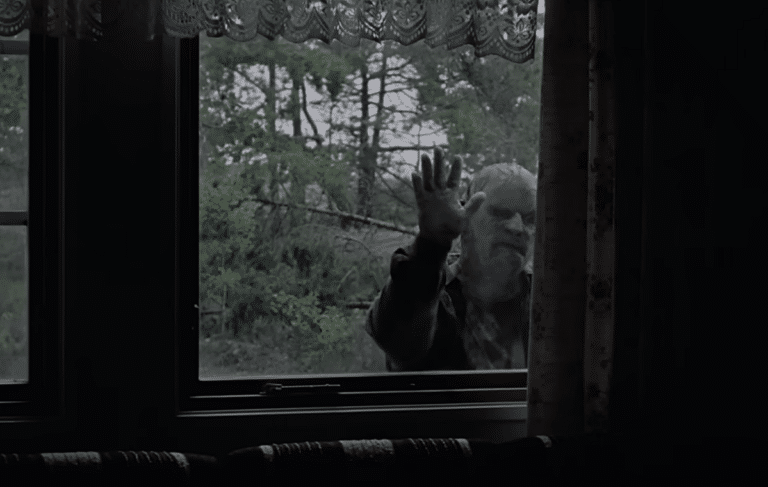
So...
It’s a hot day in Oslo as three families go about their lives.
An older man named Mahler is trying his best to care for his adult daughter Anna, who has recently lost her young son Elias, and with his passing, her very zest for life itself. In another part of the city, an elderly woman named Tora sits alone in a church as the coffin holding her wife Elisabet is wheeled away. Meanwhile, David, his girlfriend Eva, and their children are all a big, happy, and lively family, until a car accident sees Eva briefly clinging to life in the hospital before passing.
But then a strange frequency starts. It interrupts radios. It messes with the birds. It shuts down the power grids. Soon enough, it even grows loud enough humans can hear it, causing them to clutch at their heads in pain.
And then, just as suddenly… it stops.
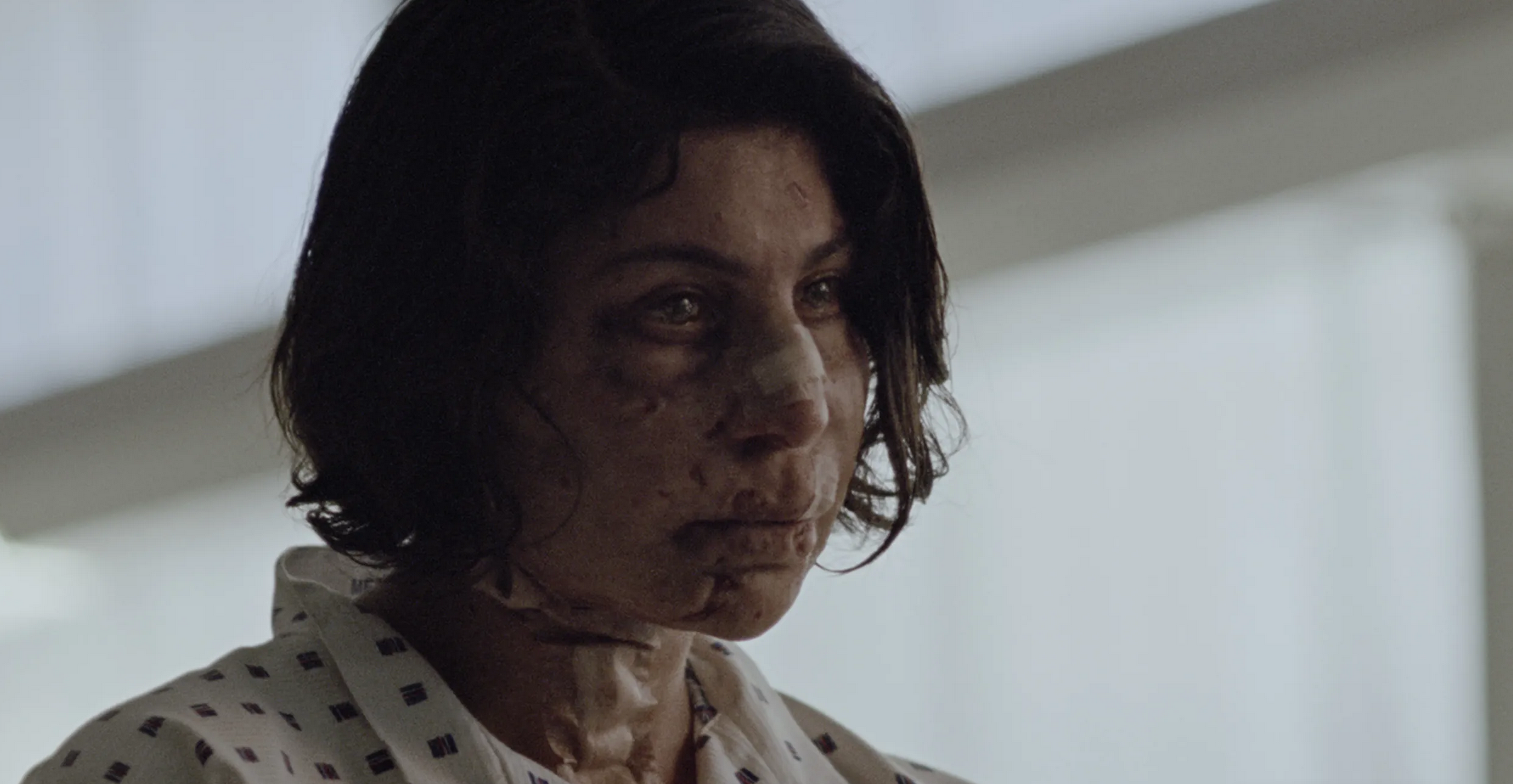
Eva wakes up, still in the hospital bed. Only briefly dead, she sits up, but is otherwise completely vacant. As sparse news stories of such events begin to pop up, Mahler digs up his grandson, and brings the rotting, but slowly breathing, although otherwise unresponsive, corpse back home. Tora is alone in her now empty-feeling house, when there’s a knock on the door. She opens it to find Elisabet standing there, slow and silent and shuffling, but willing to have her hair brushed, and to share their bed once again.
And these three families aren’t the only ones to suddenly find themselves having reunions with dead loved ones, as all across Oslo, maybe even the entire world, the recently deceased have started to come back.
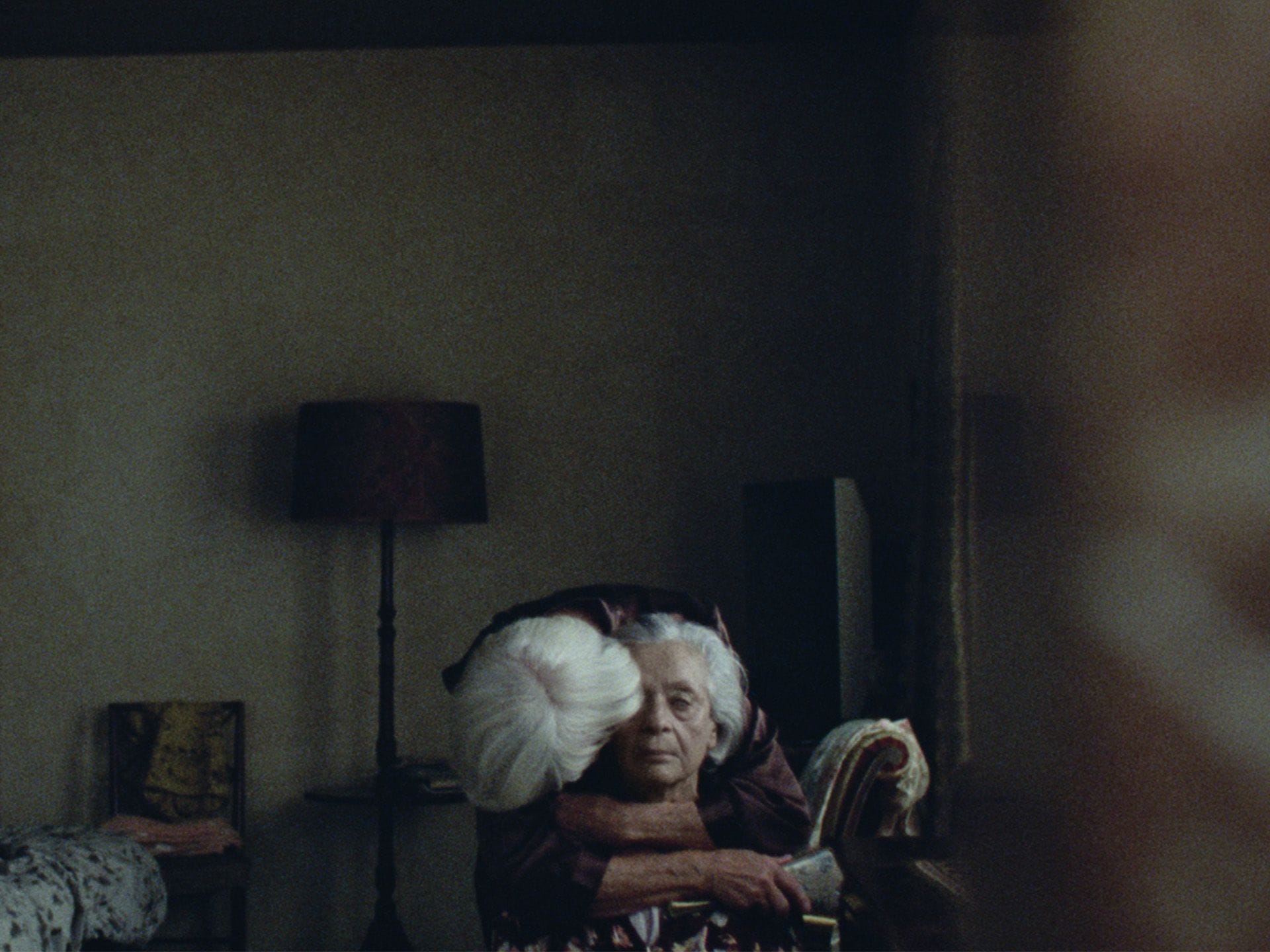
And they are welcomed with open arms.
The "newly alive again" don't seem to be threatening. They mostly seem to be docile, almost confused, like they’re still sleepy after a long nap. Soon enough, the living are digging up their cemeteries in a rush to “save” their deceased loved ones from their subterranean imprisonment, and after that, the dead are moving back in, shuffling through their old lives and their old homes, surrounded by loved ones, not speaking, and barely reacting to the world around them. They're alive, but they seem to be missing that "spark of live" and are without any animus at all.
They’re also really fucking creepy.
Despite their docile nature, their slack-jawed, vacant-eyed faces are vaguely threatening in general. There's a hesitant air amongst their caretakers and loved ones, like the way one might treat a volitile dementia patient. This is especially true when the newly alive are occasionally and suddenly aware, and as quick as a snake, a held-breath moment where they clench and growl and are seemingly on the edge of launching into violence.
Still, the living don't question any of this. They clearly don't want to, like they’re afraid that if they do, the spell will be broken, and they'll lose their various loved ones all over again.
I don't know if this is meant to be a commentary on society, especially those of white and european descent, but their adamant refusal to confront a very clearly fucked-up situation is what proves to be their undoing, as eventually, things come to a head in a very bloody way...
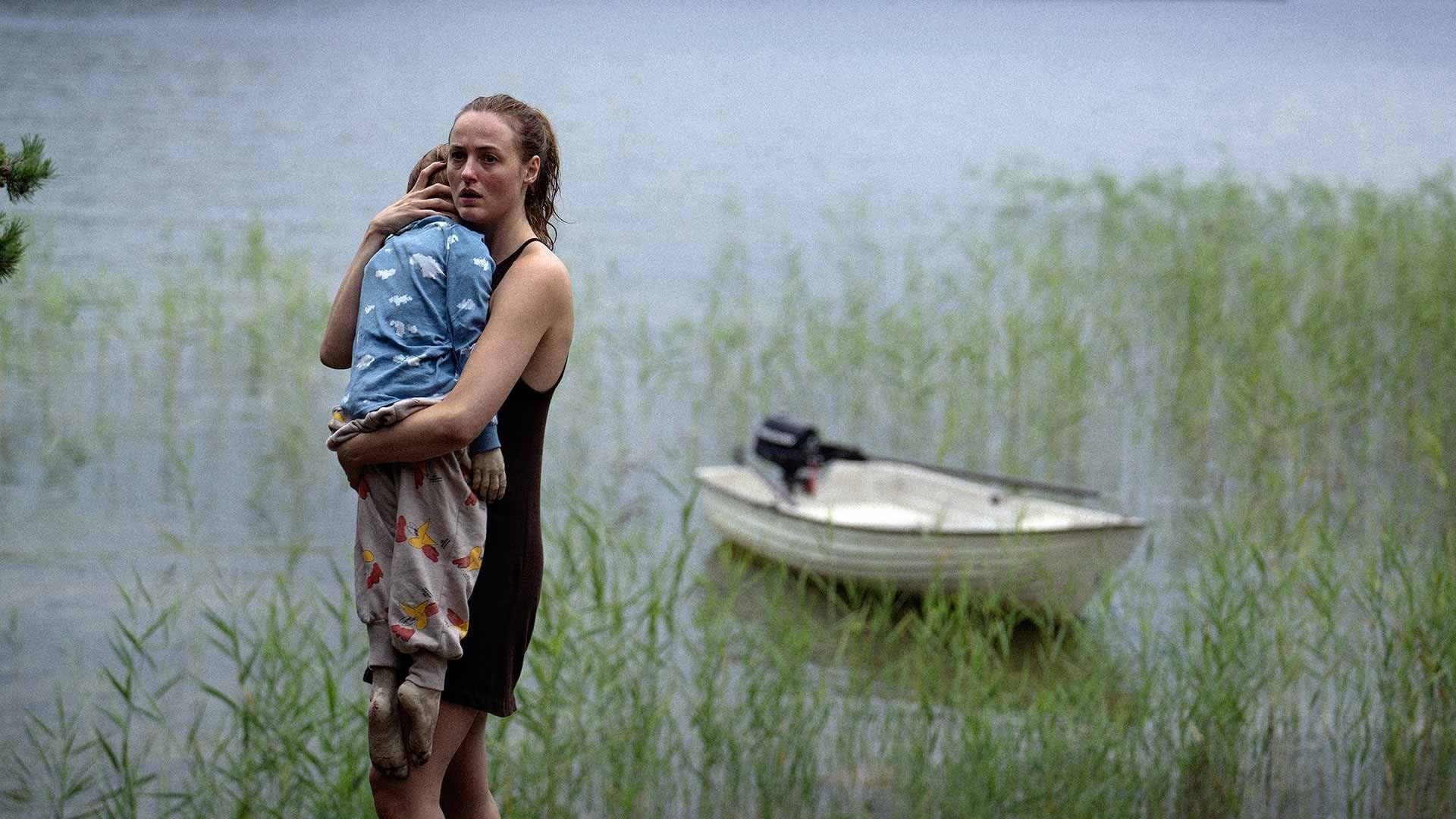
It’s clear that the basic thesis of this film is “What would really happen if the dead started coming back to life, but like... real life?” Unfortunately for us, the audience, the answer is the most boring one possible.
Every moment of this film is draped in an overcast gray light, and you constantly feel that weight, as the story is charged with the same kind of energy one feels on a rainy day stuck inside. Despite taking place in a supposedly hot summer, it feels very cold and austere too, reminding me of Norwegian architecture and furniture design–so maybe it's just the result of Norwegian culture–but in a nutshell, while the film is pretty to look at, and elegantly shot, it's clearly not interested in getting its hands dirty.
The film is generally more preoccupied with exploring melancholic themes about the fear of death, or the mental and physical burden that comes with having to care for sick loved ones, or the daily struggle that comes with the overwhelming nature of grief, along with a bit of a commentary on the banality of life too.
But it's all done from an extreme arm’s length.
It's distant viscerally, as well as emotionally. It's almost as if the director believed it to be rude to impose too much on the characters' lives. All of which means, the film is not at all interested in indulging in any of the tropes or trappings you might find in your average zombie film, so even though there’s a constant simmering tension here, it mostly doesn't pay off, and when it does, you don't really get to see it, as it happens just off camera, or the character arrives after the fact.
I mean, in the movie Raw, we see the main character strip the meat off her sister's severed finger like it's $10 wings night... that shit deserves the Méliès d'Or, people. Handling the Dead can barely summon up the energy to do a run-of-the-mill zombie bite.
This wouldn’t necessarily be a bad thing, if this movie was just being the type of film that it wanted to be. But by the end, all of its examinations of grief peter out, and then there’s this half-hearted gesture at the some of the more typical zombie apocalypse moments, where it then kind of infers that this whole non-traditional undead tale was really meant to be a prequel to a more typical coming storm, but it’s too little, too late. There's no salvaging this as a suddenly engaging and exciting film overall, and these more traditional zombie scenes aren't even all that engaging or exciting in and of themselves either. Even worse, when it does finally happen, when the inevitable lunging teeth and spurts of blood does finally happen, thanks to the tension present throughout the film, due to the characters' general refusal to question any of this, despite the clear threat their dead loved ones represent, it all feels so predictable, there's zero shock to any of it. Really, it mostly felt like the filmmakers just didn’t know how to end the thing.
(Extended fart noise...)
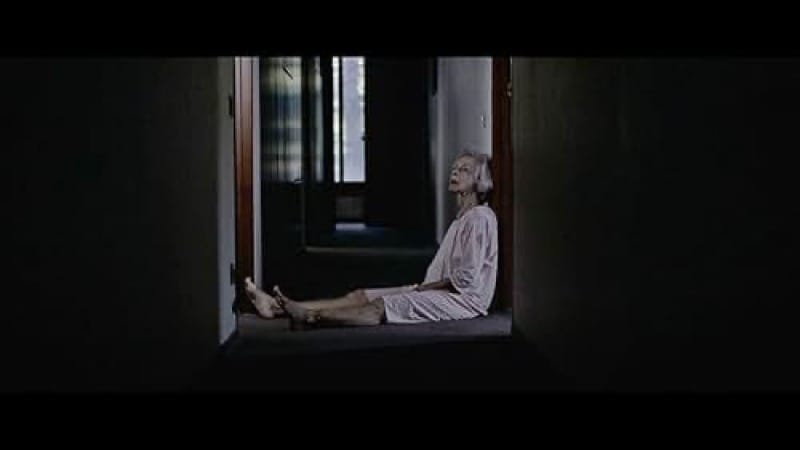
Lindqvist wrote “Let the Right One In” and “Border“ too, both of which are films that take a very interesting and grounded approach to the supernatural material in their stories, and he’s clearly attempting to do the same thing here with Handling the Undead, but it’s just missing a good strong hook.
I’m guessing here, of course, but I can’t help but wonder if maybe this story originally had an ending where the Dead started working menial low paying jobs, like at the Grocery Stores, or picking up trash along the highways, something like that, but then someone wandered by, glanced over the author's shoulder, and very casually said: “Y’know… Shaun of the Dead already did that ending, right?” So they pulled it out and just couldn't come up with a good replacement.
It's not all bad, like I said, it looks good and it has a couple of good moments. Your mileage may vary, but for me, this is another film that isn’t necessarily “bad” in any technical way, it’s just a dull and sluggish trudge to an unsatisfying and uninspired ending. I'm always interested in new spins on zombie films, like this one purported to be, but I just wasn't impressed with this half-ass arty attempt, where all of its commentary can be summed up as: “Boy, it sure sucks when a loved one dies, huh? Tough to deal with that shit, am I right?” I don’t think any of this was a bad idea, in fact, I think the film took a potentially very interesting idea, and then just missed the mark completely.
Too slow, too enamored with its contemplative navel gazing, too much playing at tension with almost no real delivery, this is a movie that clearly knows that you are expecting a certain thing from it, and simply refuses to give it to you. At least, not until the very end. It that way, Handling the Undead is a lot like superhero movies from the 90s, where the hero didn’t put on his costume until the final fight.
And also much like those films, Handling the Dead is not only disappointing, it's just… not that good.
